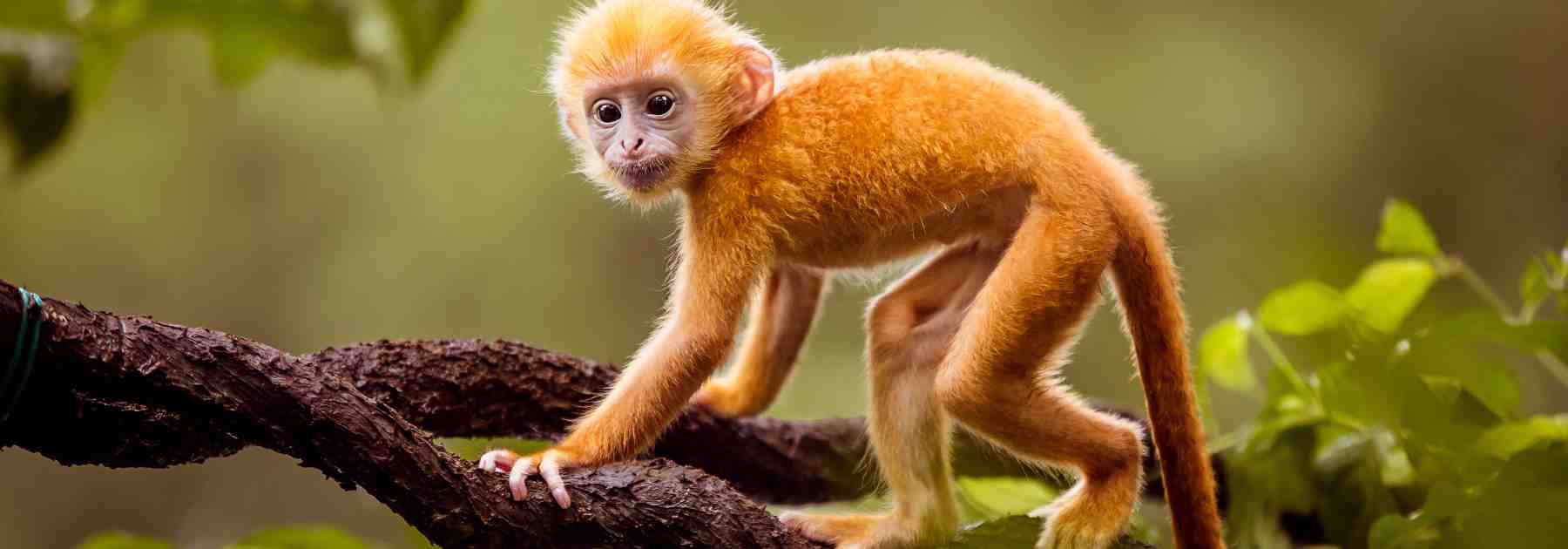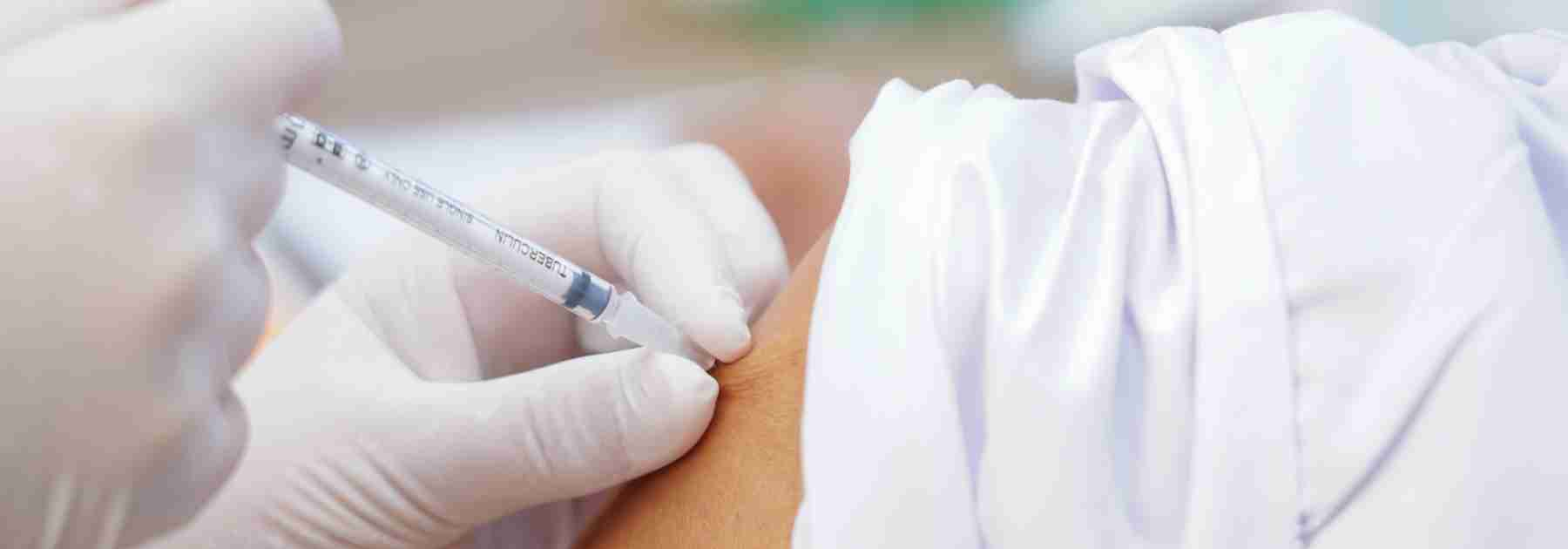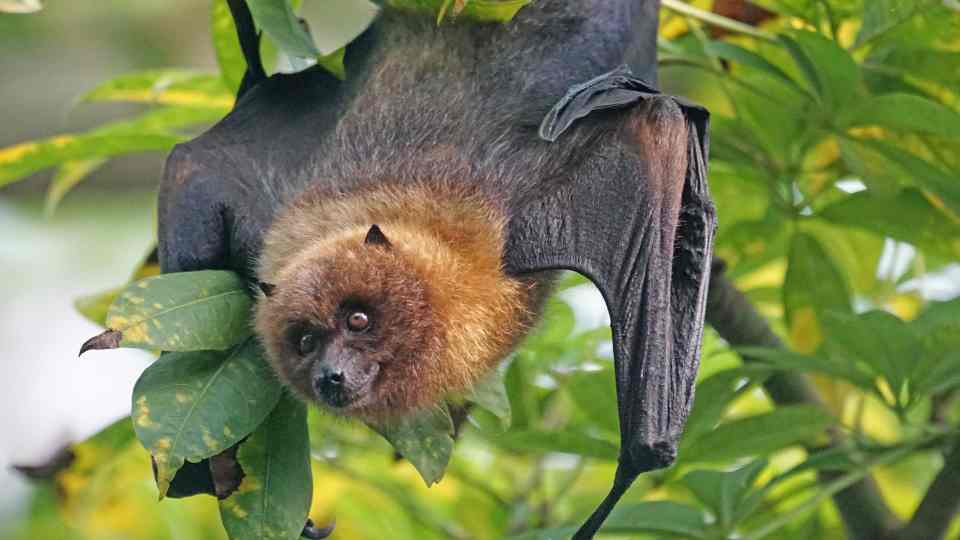What to Do If You’re Bitten by an Animal Abroad: A Step-by-Step Guide
Travelling to new destinations offers exciting experiences, but it’s important to be prepared for potential health risks. One of the most serious concerns when visiting certain countries is the risk of rabies. If you are bitten, scratched, or even licked on broken skin by an animal while abroad, it’s essential to act quickly. Knowing what to do in the event of an animal bite can make a life-saving difference.
At Doncaster Chemist, we strongly recommend getting a rabies jab before you travel to high-risk areas. Pre-exposure vaccination provides protection and can simplify treatment if you are bitten. Here’s everything you need to know about handling a potential rabies exposure while travelling.
Step 1: Understand the Risk Before You Travel
Rabies is a viral infection that affects the central nervous system and is almost always fatal once symptoms appear. It is transmitted through the saliva of infected animals via bites, scratches, or open wounds. The virus is present in many parts of the world, but the risk is particularly high in destinations such as:
- Asia (including India, Thailand, Vietnam, and China)
- Africa (especially in rural areas where access to medical care is limited)
- Central and South America
- Parts of Eastern Europe and the Middle East
Animals that can carry rabies include dogs, bats, monkeys, foxes, and raccoons. In some regions, stray animals pose the biggest risk, but even domesticated animals can be infected.

Step 2: Get a Rabies Jab Before You Travel
The best way to protect yourself is to get vaccinated before travelling. The rabies jab is recommended for:
- Travellers heading to remote areas with limited medical facilities.
- Backpackers, campers, and adventure travellers who may encounter wildlife.
- People working with animals (e.g., veterinarians, conservationists, aid workers).
- Children, who are more likely to interact with animals and may not report minor bites or scratches.
The pre-exposure rabies jab consists of three doses over 21–28 days, so plan ahead and book your vaccinations well in advance of your trip.
Step 3: Immediate Actions If You’re Bitten or Scratched
If you are bitten, scratched, or have contact with an animal’s saliva on broken skin, take the following steps immediately:
1. Wash the Wound Thoroughly
- Flush the wound with soap and water for at least 15 minutes. This is one of the most effective ways to reduce the risk of infection.
- If soap is unavailable, use clean water, but do not scrub the wound aggressively, as this can cause further tissue damage.
2. Apply an Antiseptic
- Use iodine solution, alcohol (at least 70%), or antiseptic wipes to disinfect the area.
- Avoid covering the wound with a bandage immediately, as exposure to air can help kill the virus.
3. Seek Medical Attention Urgently
- Even if the wound seems minor, you must see a doctor as soon as possible.
- If you have had a pre-exposure rabies jab, you will still need two post-exposure booster doses.
- If you have not been vaccinated, you will need a full course of post-exposure treatment, including the rabies vaccine and sometimes rabies immunoglobulin (HRIG), which can be difficult to access in some countries.
Step 4: Identify High-Risk Situations
Some bites are more dangerous than others. The following situations increase the urgency for treatment:
- Bites to the hands, face, neck, or head – These areas have a higher concentration of nerve endings, allowing the virus to travel to the brain faster.
- Deep wounds that bleed heavily – More exposure to saliva increases the risk of infection.
- Scratches or licks on broken skin – Even if there is no visible wound, the virus can enter through minor cuts.
Step 5: Post-Exposure Rabies Treatment
If you have been bitten by a potentially rabid animal, post-exposure treatment is the only way to prevent the virus from progressing. The treatment includes:
- Rabies Vaccination: If you have had a pre-exposure rabies jab, you will need two post-exposure doses given on days 0 and 3.
- Rabies Immunoglobulin (HRIG): If you were not vaccinated, you may need HRIG, which is injected into the wound site to provide immediate protection.
- Additional Vaccine Doses: Unvaccinated individuals require a full course of four to five rabies jabs over 14–28 days.

Step 6: Preventing Rabies While Travelling
While a rabies jab is the best form of protection, taking additional precautions can help minimise the risk of exposure:
- Avoid contact with stray animals, no matter how friendly they seem.
- Do not feed or pet wild animals, especially in high-risk areas.
- Be cautious in temples, markets, or tourist areas where monkeys and other wildlife roam freely.
- Educate children about the risks, as they are more likely to interact with animals.
- If you are bitten, do not wait—seek medical help immediately.
Step 7: Get Your Rabies Jab at Doncaster Chemist
If you are planning to visit a country where rabies is present, getting vaccinated before you go is the best way to stay protected. At Doncaster Chemist, we offer rabies jabs as part of our travel health services, ensuring you have the protection you need before your trip:
Pre-exposure rabies vaccinations available.
Expert travel health advice tailored to your destination.
Fast and convenient appointments to fit your schedule.
Protection as Prevention
Rabies is a fatal disease, but it is entirely preventable with the right precautions. If you are bitten or scratched while travelling, act fast, wash the wound, and seek medical care immediately. The best protection starts before you travel—book your rabies jab at Doncaster Chemist and stay safe wherever your adventures take you:

Don’t take risks with your health – reach out and get protected today!
This blog was written on behalf of Doncaster Chemist by Pharmacy Mentor.

